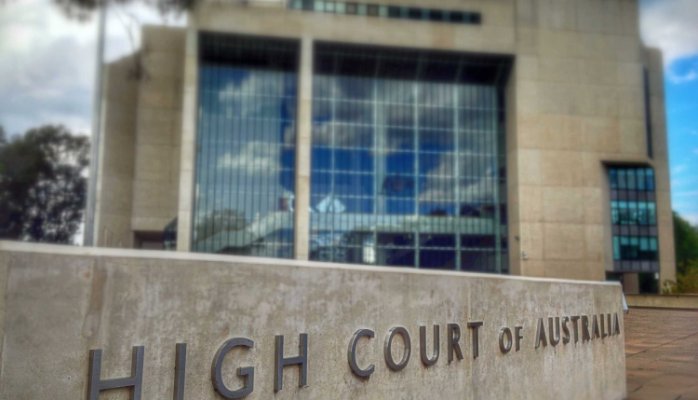In Crowe-Maxwell v Frost [2016] NSWCA 46 (16 March 2016), the New South Wales Court of Appeal provides a useful summary of the elements and proof of a claim by a liquidator for the recovery of payments alleged to constitute unreasonable director-related transactions within the meaning of s 588FDA of the Corporations Act, 2001 (Cth).
In dismissing the appeal, the Court (Beazley P with whom Macfarlan and Gleeson JJA agreed) made the following findings and observations in relation to the issues raised for determination:
- Statements made in verified pleadings may constitute admissible evidence. It is not the case that verified pleadings can never be evidence or can only be evidence of opinion.
- Statements made at the bar table are not evidence. However, it is neither unusual nor impermissible for a judge to take into account explanatory statements and characterisations of the evidence proffered from the bar table.
- The onus of establishing that a transaction constitutes an unreasonable director-related transaction is on the party so alleging. However, where there is limited evidence of the nature or purpose of a transaction, but the surrounding circumstances show it to be a departure from normal commercial practice, absent some commercial explanation, courts may infer the transaction was unreasonable.
- Impropriety or breach of director’s duty is not necessary to establish an unreasonable director-related transaction.
- The inquiry under s 588FDA(1)(c) is concerned with the reasonableness of the company’s conduct, objectively assessed by reference to the company’s circumstances and all relevant matters.
- Normal commercial practice is a relevant but not determinative matter in conducting the evaluative inquiry under s 588FDA(1)(c).
- A transaction of derivative benefit only can still be for the benefit of a company.
- The existence of a contractual relationship or antecedent legal obligation is relevant to but not determinative of whether a transaction or payment constitutes an unreasonable director-related transaction under s 588FDA(1)(c).


